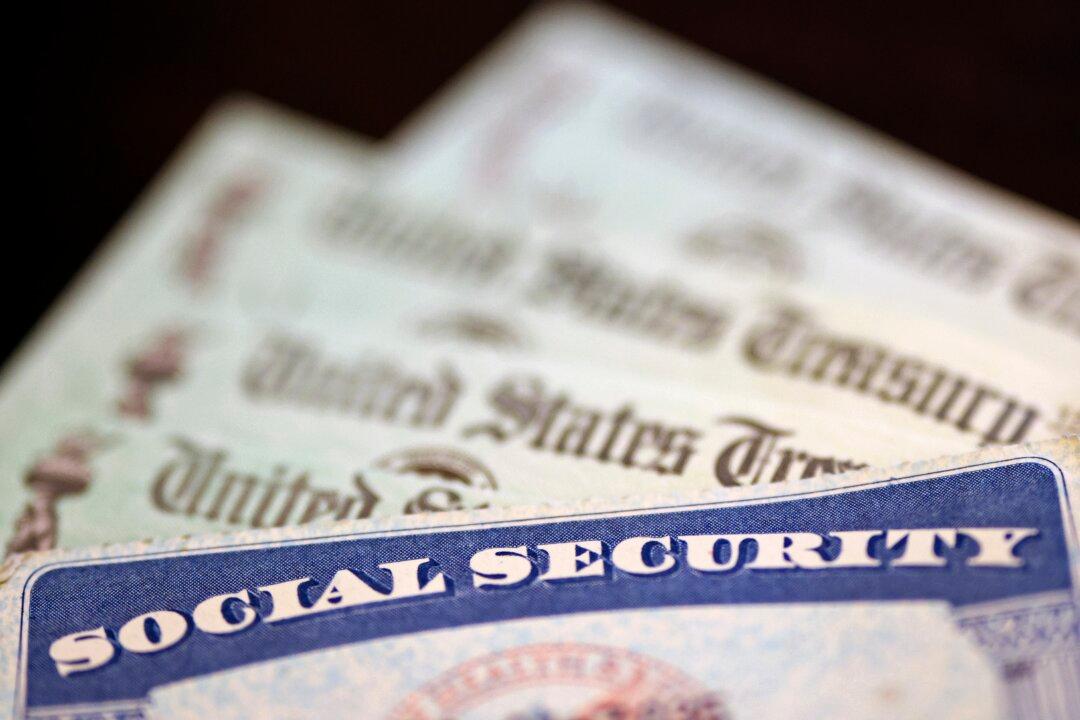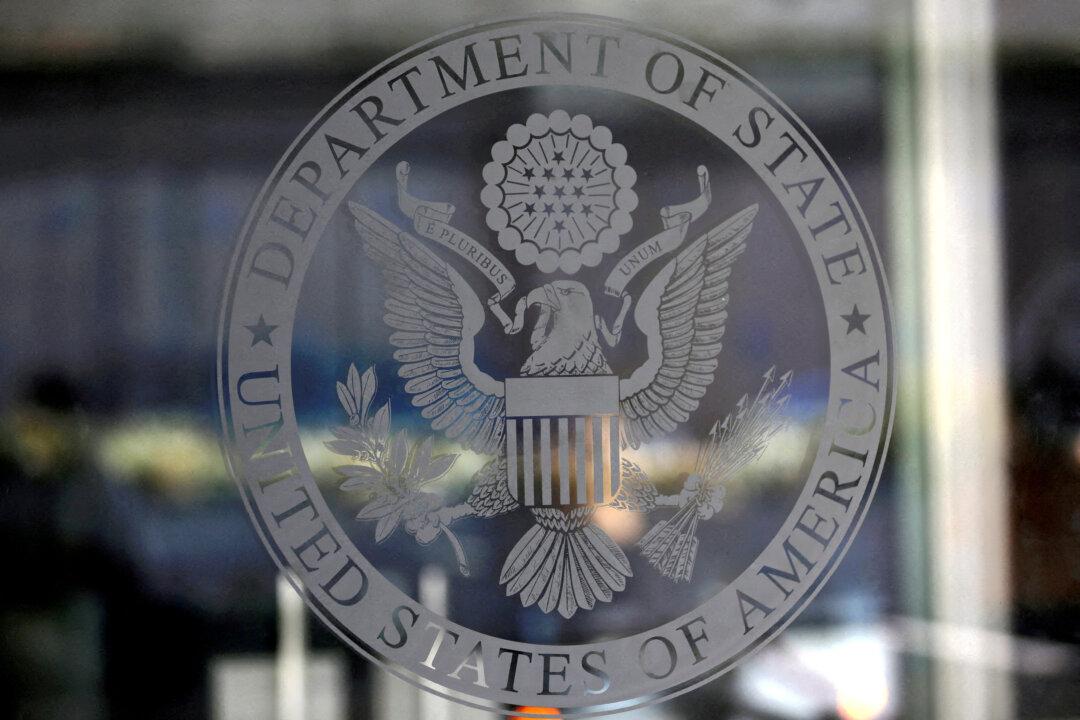A massive cyber attack has compromised 2.9 billion records, according to a new class-action lawsuit.
A complaint filed in the U.S. District Court for the Southern District of Florida claims that a cybercriminal group called USDoD hacked Florida-based company National Public Data, which stores personal information.





